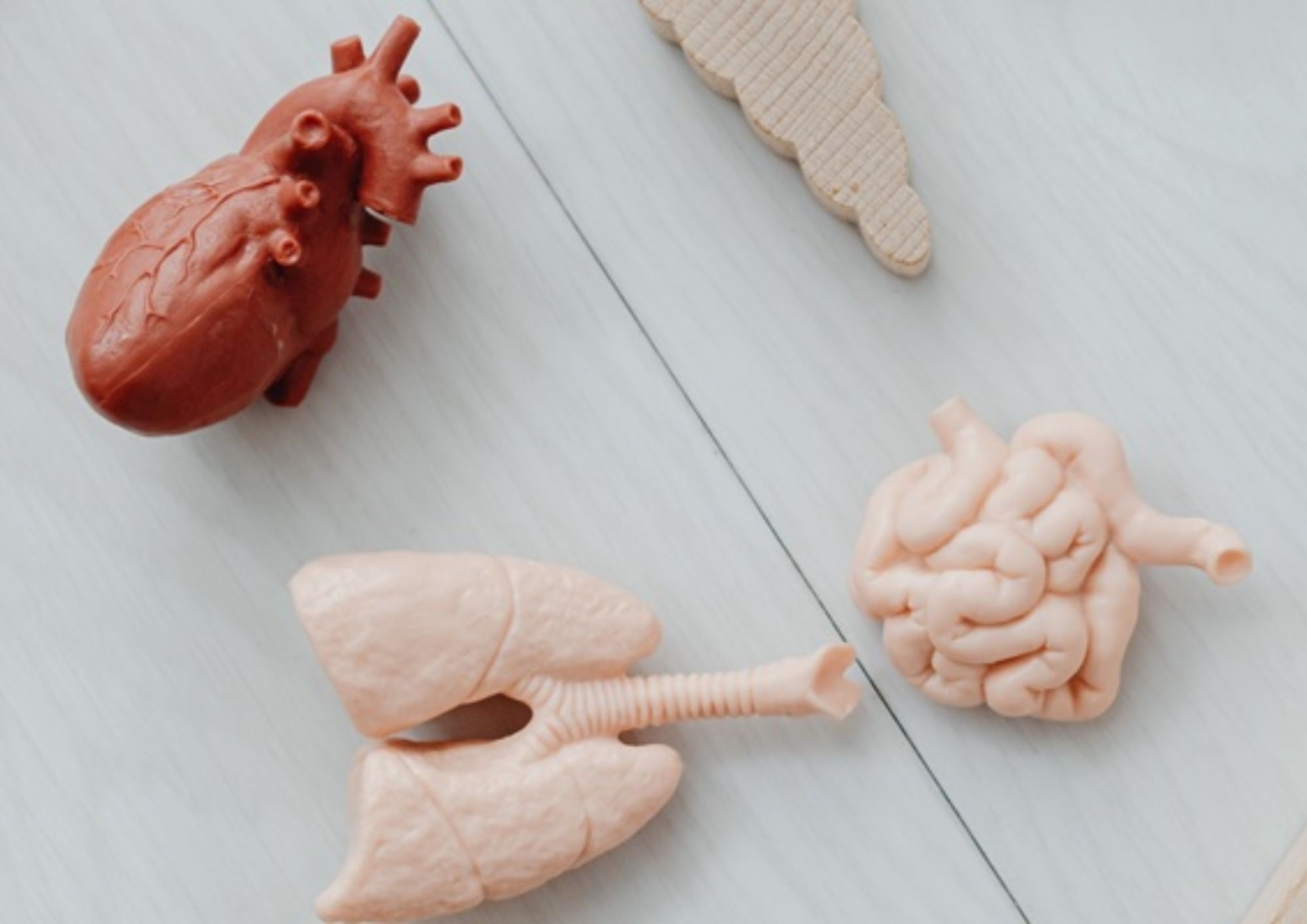Our Medical Director, Dr Tang Features in Women's Health magazine with expert comments on what happens to your body during a hangover.

Is it possible to have a 2-day hangover?
Let's start with the basics. The short answer to this question is 'yes'. 'Hangovers are a self-induced vicious cycle, and poor management of alcohol intake can lead to the feeling that a hangover is lasting for 48 hours,' says Dr Chun Tang, GP at Pall Mall Medical.
'Examples of poor alcohol management include drinking for two consecutive nights, over-consuming or knocking back drinks too quickly, not drinking enough water between alcoholic beverages, mixing drinks and not getting enough quality sleep after a few nights out on the town.'
What goes on in your body, during a 2-day hangover?
'This feeling is akin to jet-lag, but is from socialising rather than long distance travel. If you’re awake until 3am on a Saturday night your body clock struggles to readjust to a normal pattern over the following days,' explains Dr Tang.
'Plus, your body will be working overtime to handle the effects of drinking and the symptoms of a hangover. For example, the liver will be overworking to process alcohol, you’ll be tired from little and/or poor quality sleep, you’re likely to be urinating more as alcohol is a diuretic, leaving you dehydrated and headache-y – and any post-night out vomiting can irritate the stomach for several days.'
And what's going on with the nausea that won't go away?
'Vomiting and feelings of nausea can persist as both inflame the stomach and both – plus a hangover – can lead to serious dehydration, which can be on-going if you don't properly rehydrate yourself,' details Dr Tang.
'This dehydration may be worse for higher risk groups; these include the elderly, those with chronic illnesses such as diabetes, people taking medication that increases urine, endurance athletes and those living in hot climates. Also, sadly, some of us are genetically more likely to suffer from feeling sick – this could be down to a lack of the enzyme Aldehyde Dehydrogenase, which helps to break down the toxic metabolite found in alcohol.'
If you are struggling with your alcohol use or extreme hangovers and want to speak with one of our GPs, contact us here.



